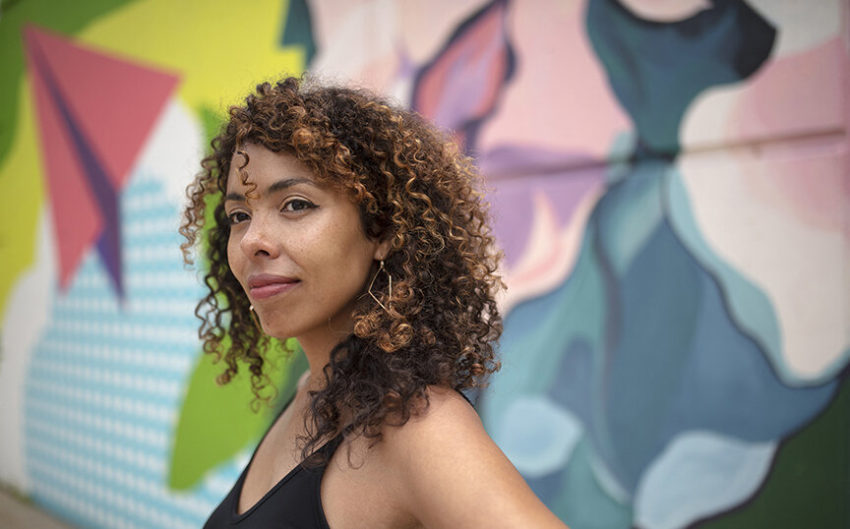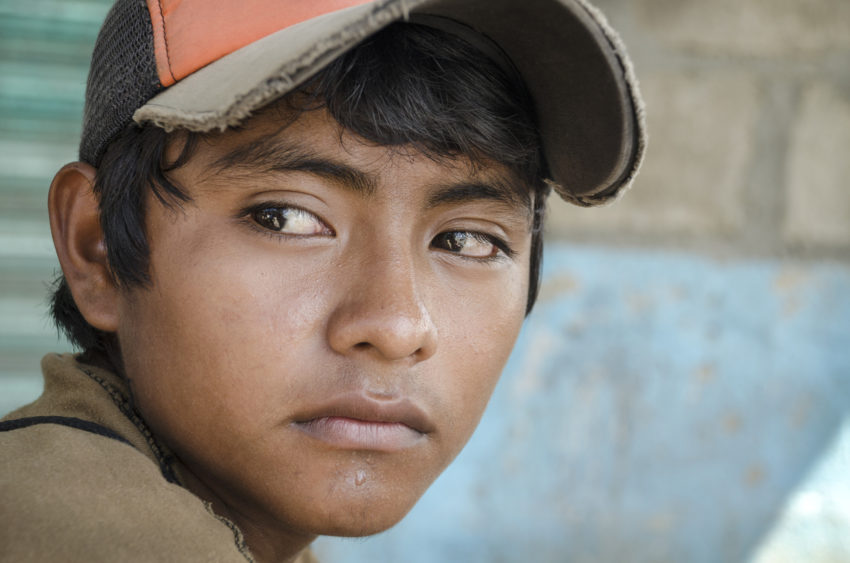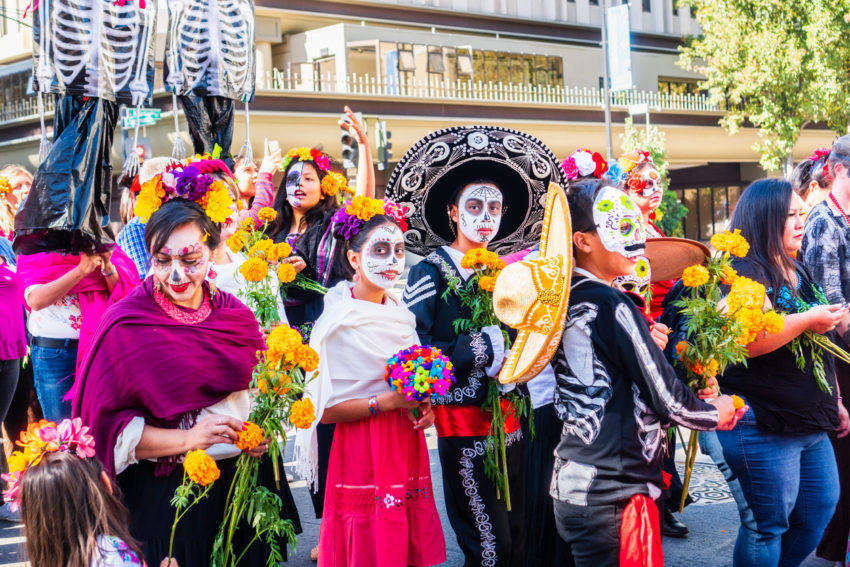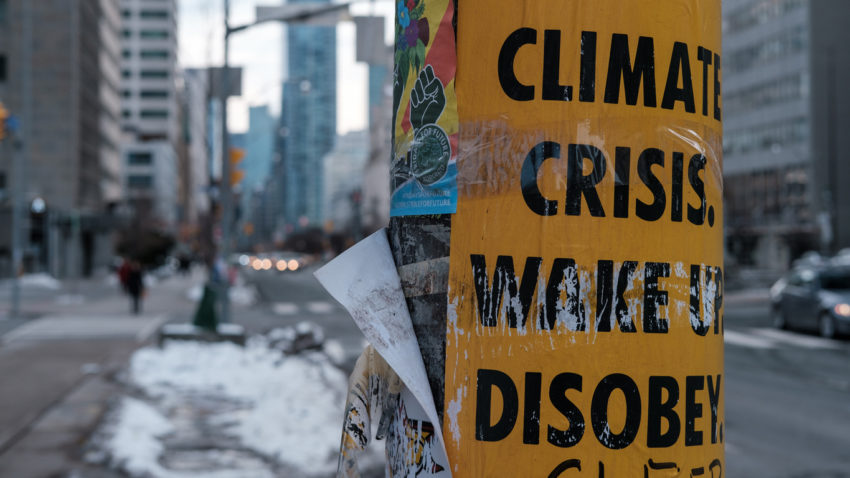Ricki Fairley: Fighting for Better Breast Cancer Outcomes Among Black Women
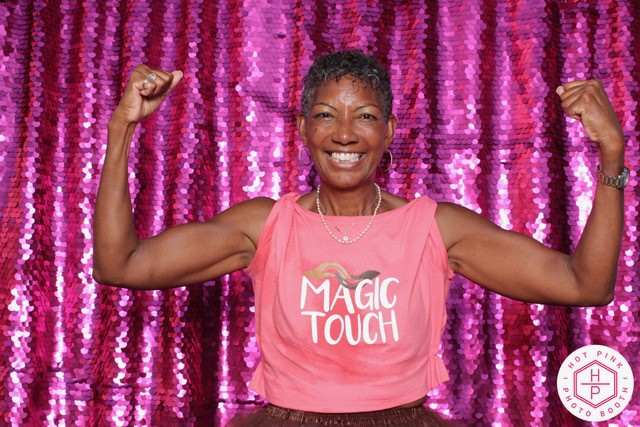
When it comes to triple negative breast cancer, Ricki Fairley is a veteran on the battlefield. “I am a 10-year survivor of triple negative breast cancer. My doctor gave me two years to live, and I'm on 10,” Fairley said. Fairley is the CEO and co-founder of TOUCH—the Black Breast Cancer Alliance. She is determined to diversify clinical trials, which can help find better therapies for Black, Latino, and other people of color. “I'm really on a path, a mission to eradicate Black breast cancer and really change the game on how we talk to Black women about clinical trials. And right now, we only have 3% participation in clinical trials. So, the drugs that are currently on the market and the ...
Read More
